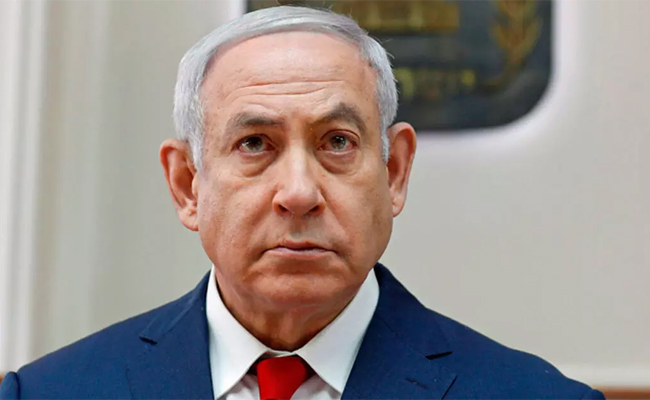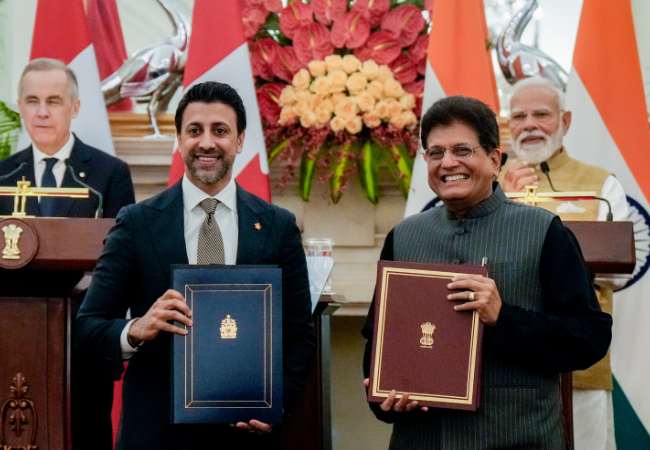Udupi, October 13: The mysterious death of Hazel Jyotsna Mathias, who was working at the Al Miqua General Hospital in Saudi Arabia, on July 19, of Kutyar near Shirva, was still a mystery to the family. Till date, the family is unaware of the reason for the death.
It is said that Hazel has committed suicide due to harassment from a hospital staff. As the Saudi Arabia police registered an unnatural death, her body was sent to India after 72 days of her death due to investigation and court proceedings. The body was cremated at Shirva Arogya Matha Church on September 28. But the family did not get any documents, statements, records, and postmortem report from the hospital, police or court, her death note and her diary and other documents which should have been sent through the Indian Embassy, according to Udupi Human Rights Protection Foundation President Dr. Ravindranath Shanbhag who has been fighting for justice in the case.
The Indian Embassy has to send the major documents and records related to the mysterious death of Hazel. But the Indian Embassy which should protect the rights of the Indians, has completely failed in its duty. It has not tried honestly, Dr. Shanbhag said in a joint press conference with Hazel husband Ashwin Mathias, Father Robert Quadrus, Helena Quadrus and brother Royan Mervin Quadrus here on Saturday.
Even after three months of her death, Hazel’s parents were unaware about the reason for their daughter’s death. It is still a mystery that whether she has committed suicide or are there any other reasons for her death. Her father Robert and brother Royan were firm that she was not a weak minded person to commit suicide. Meanwhile, a death note said to be written by her in Catholic-Konkani and Kannada language was found in hospital nursing hostel room where she was believed to be committed suicide. In her death note, it was said that she has mentioned that hospital staff Ibrahim Al Zahrani had harassed her, he said.
Accused released

Saudi Arabia police who were investigating the case, had arrested Ibrahim and jailed. But he was released just three days before, Dr. Shanbhog said.
Because of this, her parents were in confusion whether their daughter has committed suicide or not and whether they to fight for justice or not. Postmortem report, death note, charge sheet and other important documents were necessary to confirm about her death. The Indian Embassy has sent just a doctor’s report that she had hanged herself and there were no marks on her body, and a police report that she had hanged herself, along with her body, he said.
Dr. Bander Salahi Al Zahrani of Al Baha Forensic Medicine Centre has confirmed that she died because of suffocation due to hanging and the doctors there also noted that it was a suicide. Surprisingly, the doctors had decided that it was a suicide without even having the postmortem report. Throughout the doctor’s report, there was no mention of postmortem report. Now, the family members were suspecting about conducting the postmortem. Based on the report, Al Baha district police director Major General Ali Bin Muhammad Al Hadi also said it was suicide and he also said that there was no sign of torture or fight on her body, he said.
Indian Embassy’s irresponsibility
Dr. Shanubhog said that the Indian Embassy which should have protected the interests of the victim and her family has completely failed in its responsibility. The Indian Embassy has done nothing in ensuring justice to Hazel and her family. Now, the Indian government should provide complete information about her death to her family. Already, the Foundation has sent emails to the Indian Embassy, hospital and the police of Saudi Arabia to give all information about her death, he added.
Royan said that the Indian Embassy has never contacted their family even for a single time. Though they themselves had contacted the officials, they had never responded positively, he said.
Option is there for re-postmortem!
If the family has suspicion about Hazel’s death, the body could be exhumed and conduct post mortem again. But her family members have to give consent for it. Since her family is so orthodox, it has not taken any decision about it. Before taking any decision, they have decided to wait for the reply from Saudi Arabia, he said.
Along with this, another letter was sent to the hospital where she was working to provide all benefits and compensation she ought to get. The Foundation would support her family morally and legally, he said.
Let the Truth be known. If you read VB and like VB, please be a VB Supporter and Help us deliver the Truth to one and all.
Tehran/Tel Aviv: Iran has made a major claim, saying its latest missile attack targeted the office of Israeli Prime Minister Benjamin Netanyahu and the location of the Israeli Air Force commander in what it described as a “surprise” strike.
Iran’s Islamic Revolutionary Guard Corps (IRGC) said the attack was part of its 10th wave of strikes and involved Kheibar missiles. According to the IRGC, the missiles hit Netanyahu’s office and the site linked to the Israeli Air Force commander.
The IRGC further claimed that Netanyahu’s fate remains “unclear” following the strike.
There has been no immediate confirmation from Israeli authorities regarding the claim. No official statement has been issued on any strike targeting the prime minister’s office or on Netanyahu’s condition.



_vb_93.jpeg)

_vb_39.jpeg)